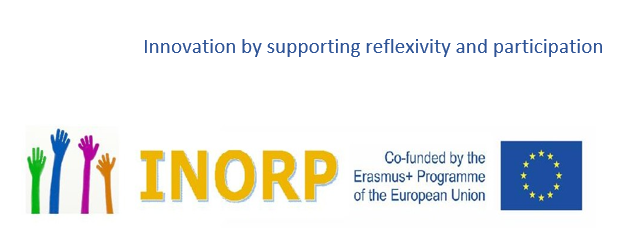
7. 2nd cycle Competence levels according to the Dublin Descriptors
| 2nd cycle | competences | |
| Knowledge and understanding | Shows originality with research orientation |
In view of the complexity of the sample issues students have acquired knowledge and understanding that goes questions |
| Applying knowledge and understanding | Applies knowledge to unfamiliar areas, multidisciplinary |
Each of the sample areas contain a multiplicity of intersectional factors; students are able to priorities and combine knowledge situation- specifically to negotiate and act upon the needs articulated by service users professionally and accountably |
| Making judgements |
Integrate knowledge and handle complexity, reflecting on social and ethical responsibilities linked to the application of their knowledge and judgements |
Students have learned to make judgements and decisions on intervention strategies by way of integrating ethical, scientific, political and psychological considerations flexibly but according to transparent presentation of evidence |
| Communication skills |
can communicate their conclusions, and the knowledge and rationale under pinning these, to specialist and non specialist audiences clearly and unambiguously |
Graduates have practised their communication skills in a variety of very different contexts (student seminars, scientific debates, meetings with user groups, discussions with community representatives and policy makers) |
| Learning skills | Self-directed learning |
Students are aware of the extent and the limitations of the specialised knowledge acquired in the course of this programme and are motivated to continue applying reflective learning skills in their professional practice. |